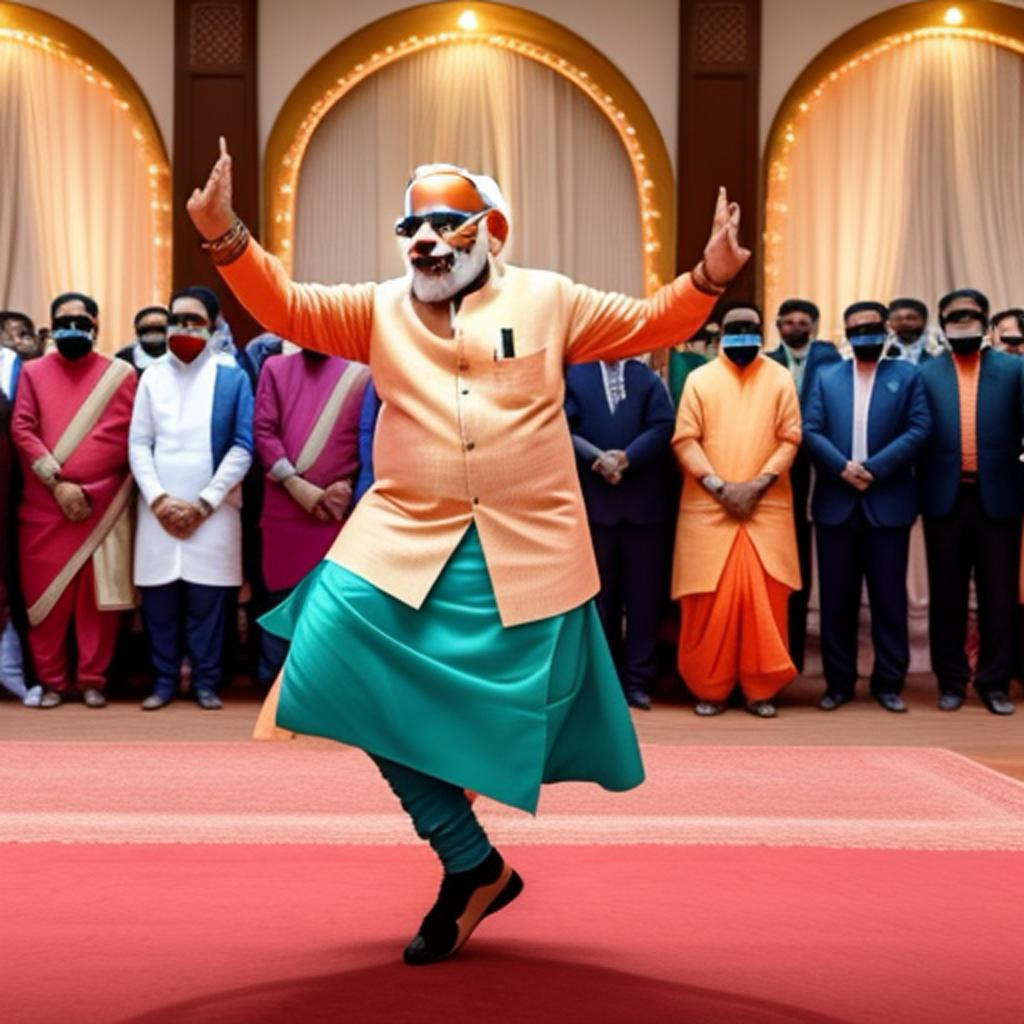Navigating Indian Politics: Comprehensive Ways to Stay Informed Beyond News Channels

Staying informed about politics in India without relying on news channels is entirely possible through various alternative methods. Here are some effective strategies:
1. Read Newspapers and Magazines
Print and Digital Newspapers: Newspapers like The Hindu, The Indian Express, and Business Standard offer in-depth analysis and reporting. Many of these publications have digital versions accessible via their websites or mobile apps.
Magazines: Publications like India Today, Outlook, and Frontline provide comprehensive coverage and analysis of political events, often delving deeper than daily news outlets.
2. Follow Government Websites and Portals
Official Statements and Policy Documents: Government websites such as the Press Information Bureau (PIB), Ministry of Home Affairs, and other ministry portals provide authentic information and updates on policies, laws, and government activities.
Parliamentary Records: Websites like PRS Legislative Research and the Lok Sabha and Rajya Sabha portals offer access to parliamentary debates, bills, and committee reports.
3. Read Books and Academic Journals
Books: Authors like Ramachandra Guha, Shashi Tharoor, and Arundhati Roy offer extensive insights into Indian politics, history, and society.
Journals: Academic journals such as Economic and Political Weekly (EPW) publish research articles and critical analyses of political and socio-economic issues.
4. Follow Blogs and Independent Websites
Political Blogs: Writers and analysts often maintain blogs where they share their perspectives on political developments. Websites like Kafila and Swarajya provide diverse viewpoints.
Independent Websites: Platforms like Scroll.in, The Wire, and Firstpost offer investigative journalism and in-depth analysis that is often independent of mainstream media biases.
5. Engage with Civic Organizations
NGOs and Think Tanks: Organizations like the Association for Democratic Reforms (ADR), Centre for Policy Research (CPR), and Observer Research Foundation (ORF) provide detailed reports and analyses on political and electoral issues.
6. Use Social Media Wisely
Twitter: Follow verified accounts of political leaders, activists, journalists, and scholars. Use lists to categorize and manage the flow of information.
Facebook and Instagram: Follow pages and profiles of political commentators, think tanks, and independent news sources for updates and insights.
7. Listen to Podcasts and Watch YouTube Channels
Podcasts: Programs like “The Seen and the Unseen” by Amit Varma and “Puliyabaazi” discuss Indian politics and policy issues in detail.
YouTube Channels: Channels like The Lallantop, Dhruv Rathee, and NewsLaundry provide political commentary, analysis, and explainer videos.
8. Participate in Online Forums and Discussion Groups
Reddit: Subreddits like r/India and r/IndianPolitics offer discussions on current political issues and events.
Quora: Engage in discussions and read answers from knowledgeable users on Indian politics.
9. Attend Political Events and Public Meetings
Rallies and Meetings: Attend local political rallies, town hall meetings, and public debates to hear directly from political leaders and activists.
Webinars and Conferences: Participate in webinars and conferences organized by universities, think tanks, and NGOs.
10. Stay Updated with News Aggregator Apps
Mobile Apps: Apps like Inshorts, Dailyhunt, and Google News aggregate news from multiple sources, providing a broad perspective on political events.
Conclusion
Being well-informed about politics in India without relying on news channels requires diversifying your sources of information. By leveraging newspapers, books, academic journals, government portals, independent websites, social media, podcasts, and direct engagement with civic activities, you can gain a nuanced and comprehensive understanding of the political landscape. This multifaceted approach ensures a well-rounded perspective, fostering informed and active citizenship.


